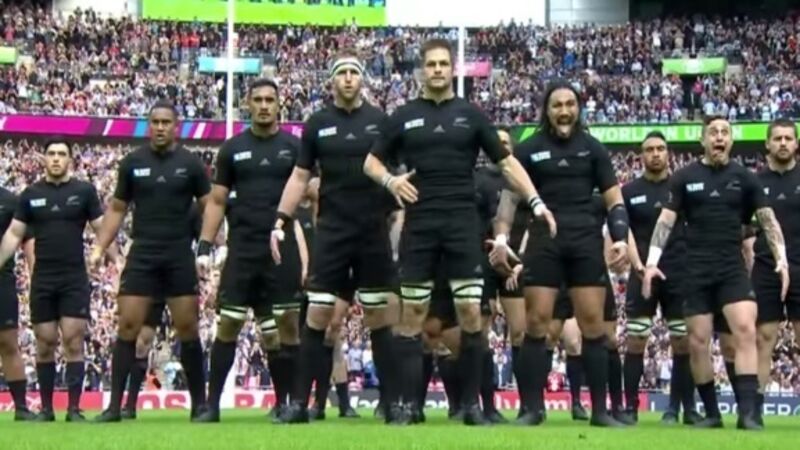Why are the All-Blacks so bloody good? Ronan O'Gara takes a look

How do they manage it? That’s the burning question. How does New Zealand remain at such an imperial level season-on-season?
So much of what they produce is derived from the player-driven culture of the All Blacks.












